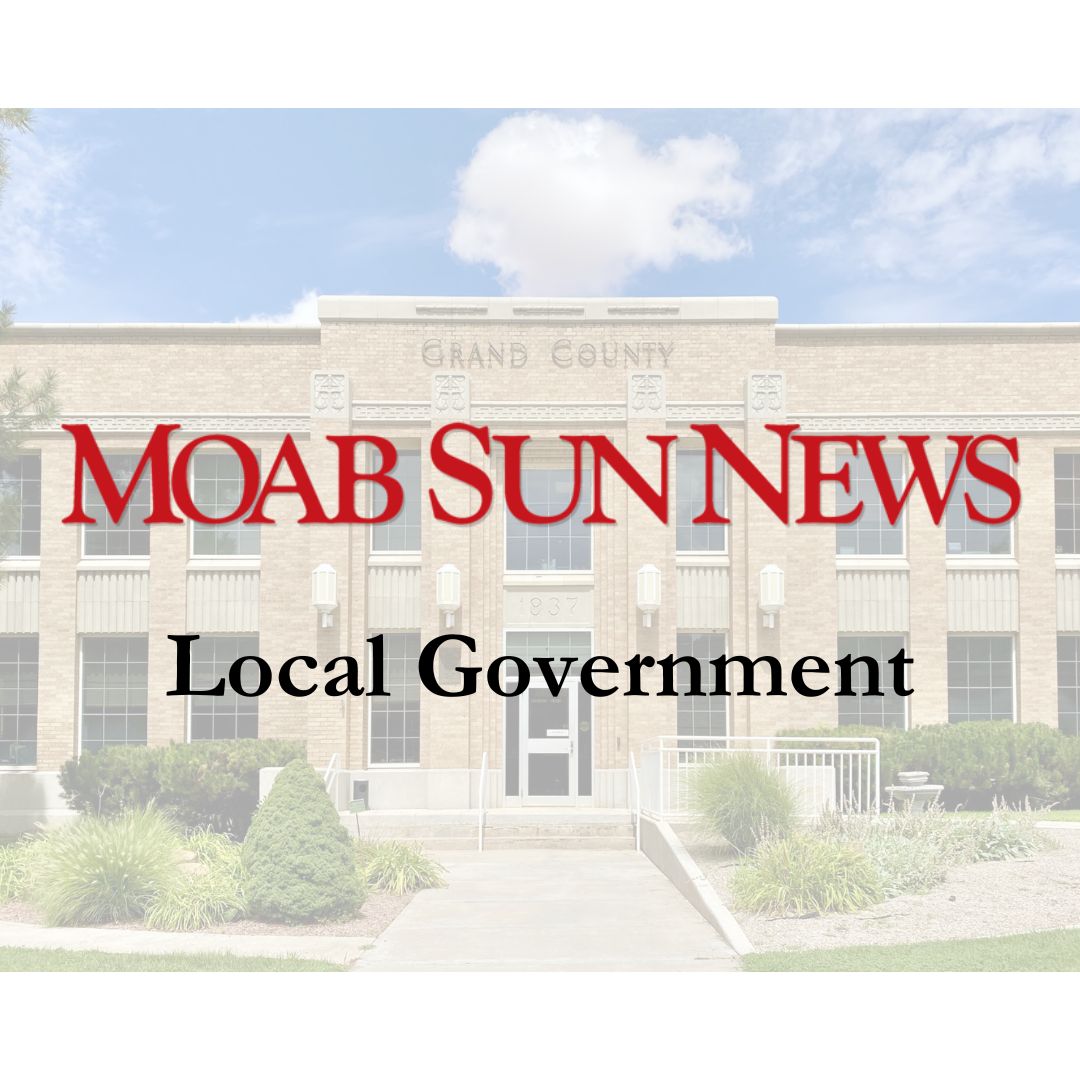Last month, the Moab City Council approved an application from the Scots on the Rocks festival asking that the festival be held at the Center St. ballparks—an application the council had previously denied in April, citing noise issues. The back and forth sparked a discussion on and reanalysis of the city’s special event criteria: the legal grounds on which city staff and the council could approve or deny event permits.
During the July 12 city council meeting, all the council members said they were most interested in seeing more regulations surrounding event noise and intensity. Kelley McInerney, the director of the Moab Arts and Recreation Center, said the city does have noise limits for events, but made a few suggestions: the city could set a maximum number of hours per day for noise-generating activities, require stage noise buffers for louder events, and identify noise level maximums.
Councilmember Jason Taylor said event organizers should have all the information upfront, so there are no surprises if their event was turned away due to noise. Organizers would review the new set of noise criteria and know whether or not their event would be compatible with neighborhood areas, for example.
“We take away opinions,” Taylor said. The Scots on the Rocks controversy was fraught with opinions: Some residents of Moab criticized the council’s initial decision to deny the festival, saying it was based on a dislike of bagpipe music—that argument was fueled mostly by the fact that the Moab Folk Festival also takes place at the Center St. ballparks.
McInerney also suggested that organizers rank their event in terms of expected noise impact and have new event applicants fill out a pre-application. Councilmember Rani Derasary asked that the city add a mandatory post-event check-in for every event to discuss with organizers if there were any issues. Councilmembers Luke Wojciechowski and Tawny Knuteson-Boyd agreed.
“It would give them the opportunity to know what went well, but what, if anything, might need to go better or change or they need to be aware of the next year,” Derasary said.
McInerney had also prepared a list of events that happened in 2021, which helped the council see which venues are being used the most, or the least: Derasary pointed out that it seemed that Lions Park was being underutilized, as most of the events taking place in parks happened in Swanny Park or Old City Park. Wojciechowski suggested that the city try to space out the number of events happening in any one area.
Council members also suggested notifying people who live near event venues that the event could be noisy—Derasary said city council members, not city staff, should acknowledge when the city’s noise ordinance is broken by a permitted event.
“The council holds some responsibility, since we’re elected, to be aware of when we’re effectively making exceptions,” she said. “If we say we’re not going to have noise on a Sunday until 9 a.m., but we’re approving an event that’s effectively starting at 8, then we bear some responsibility for telling neighbors.”
The suggestions will be worked into a new version of the event application, which will come before the council in a few weeks.



